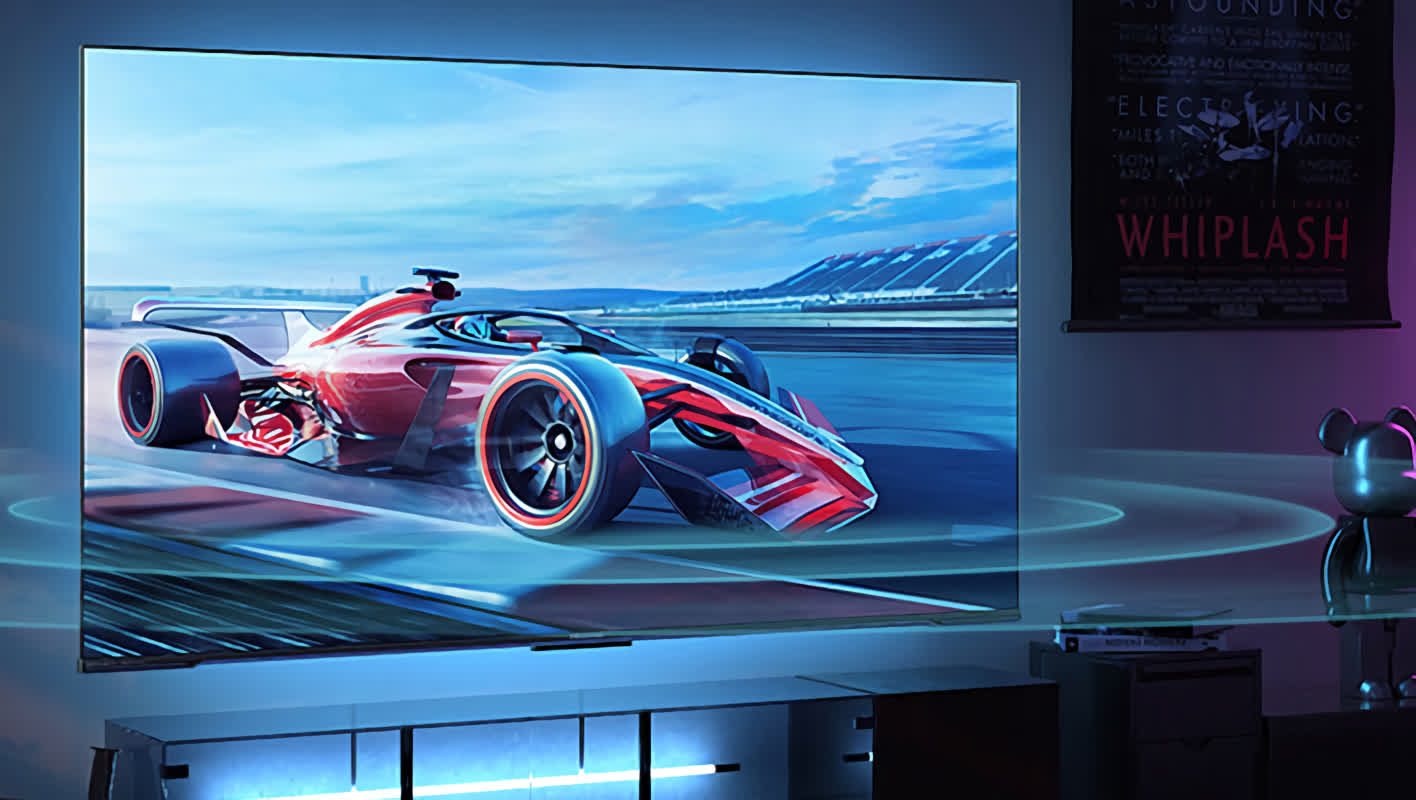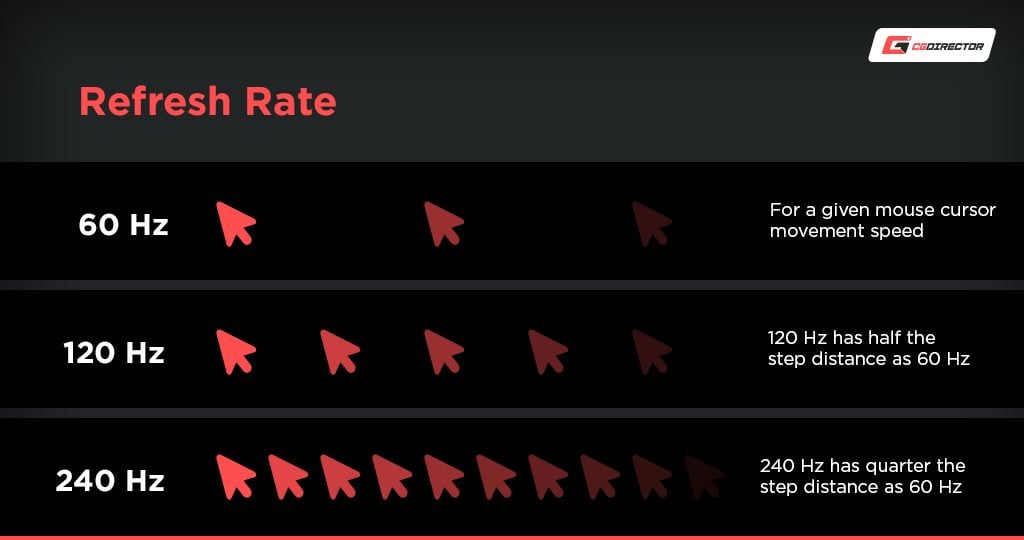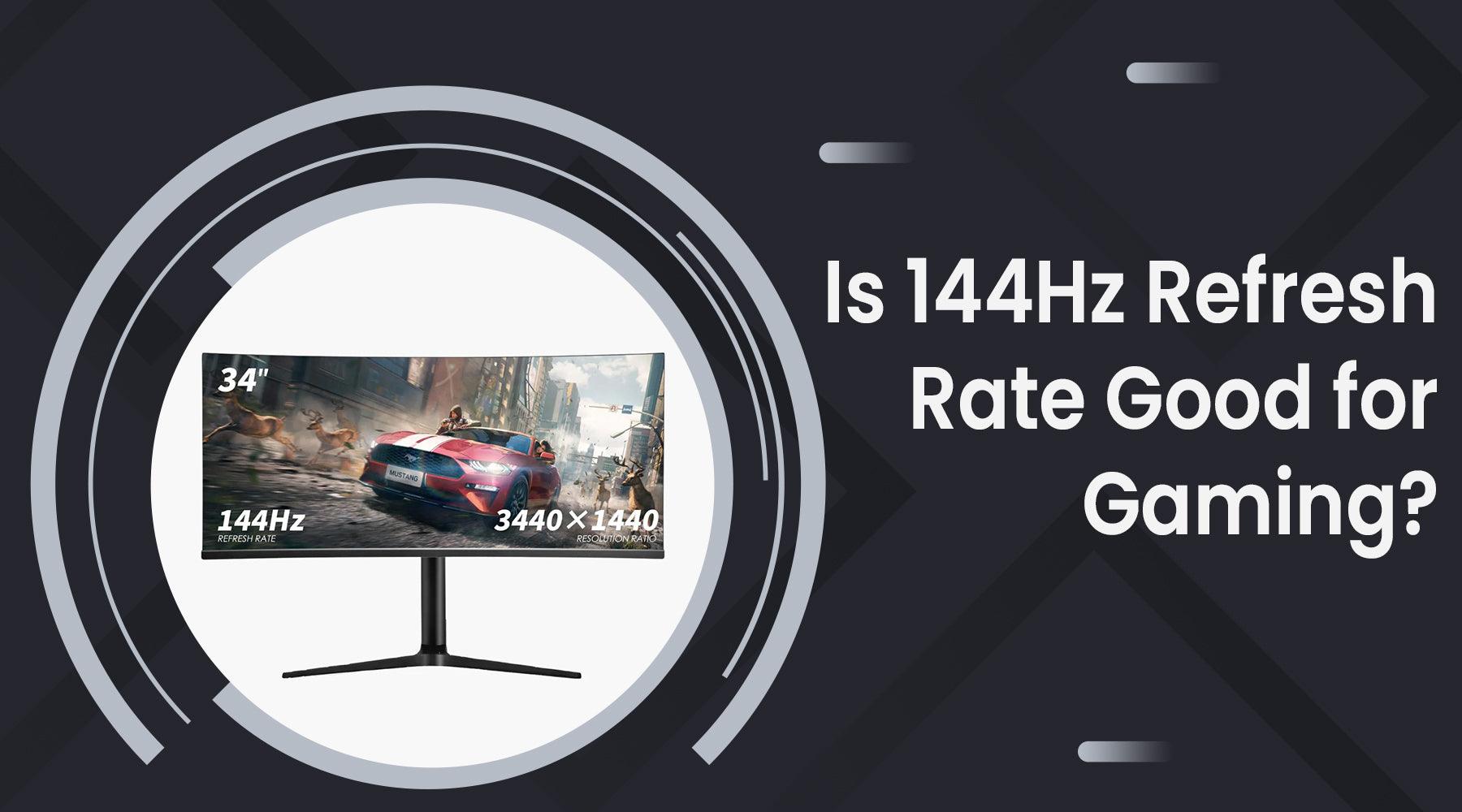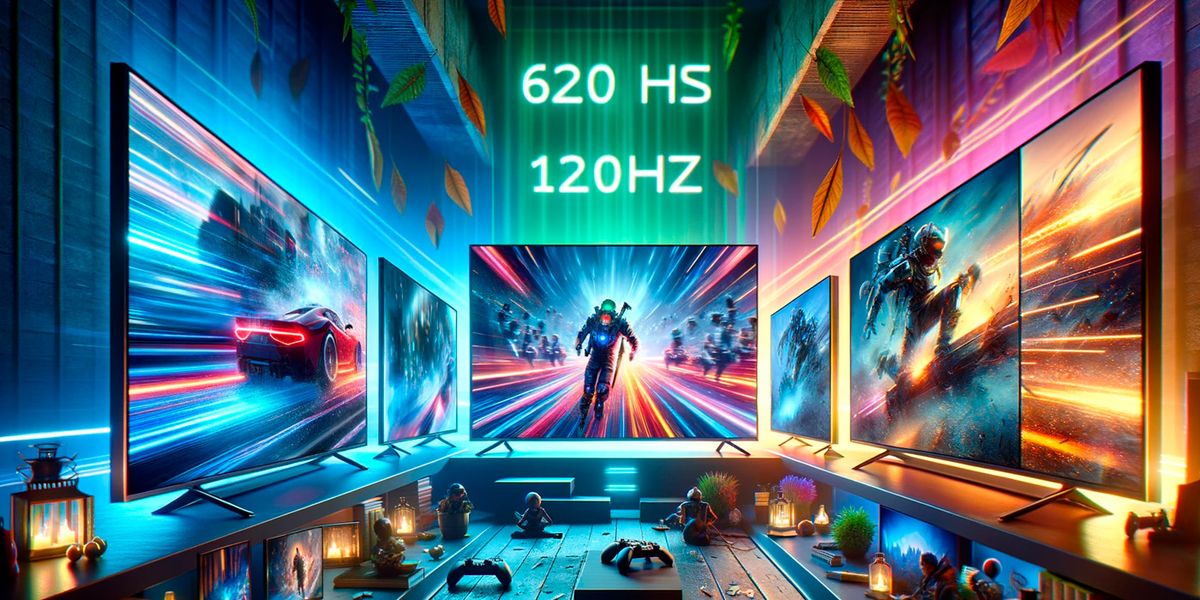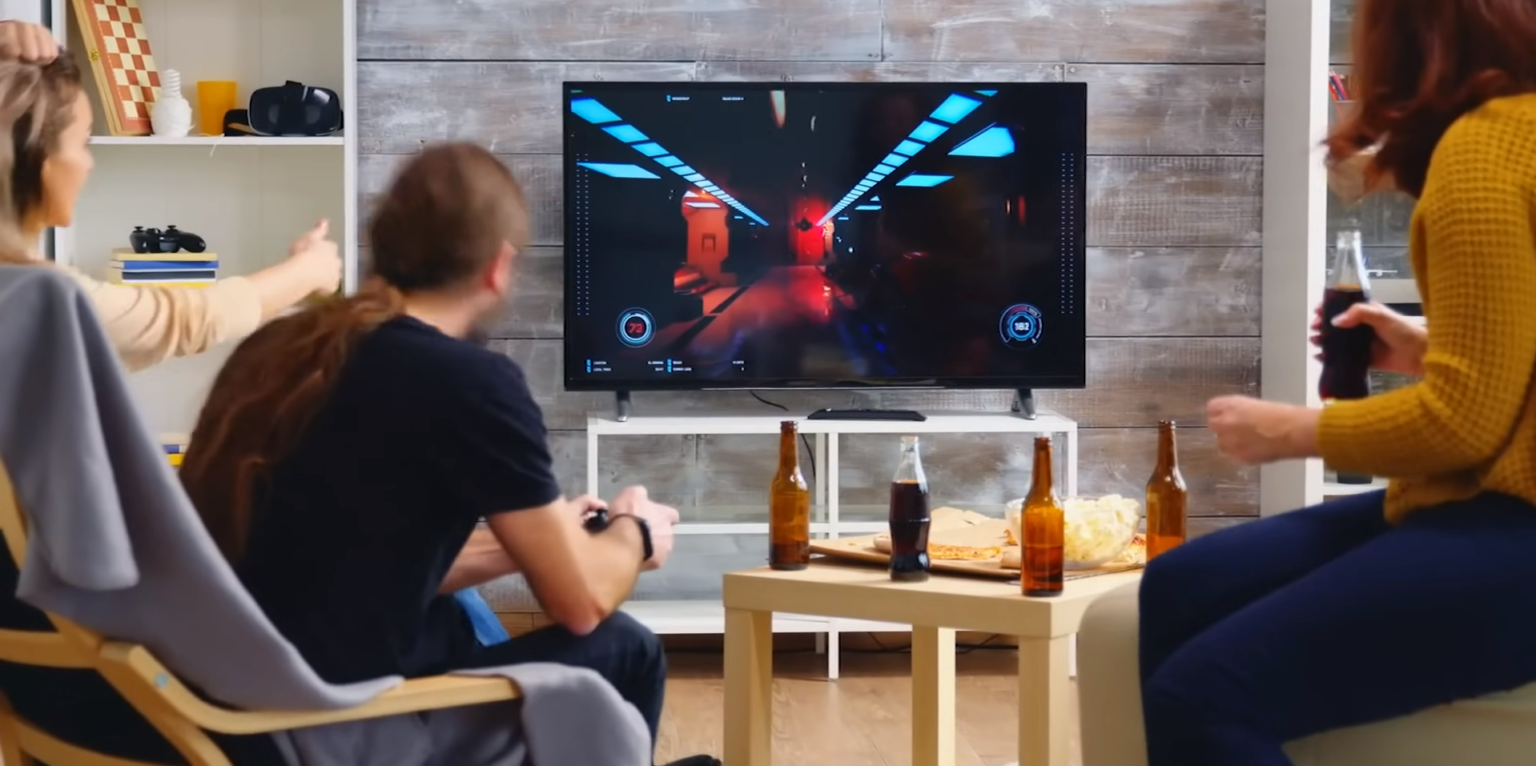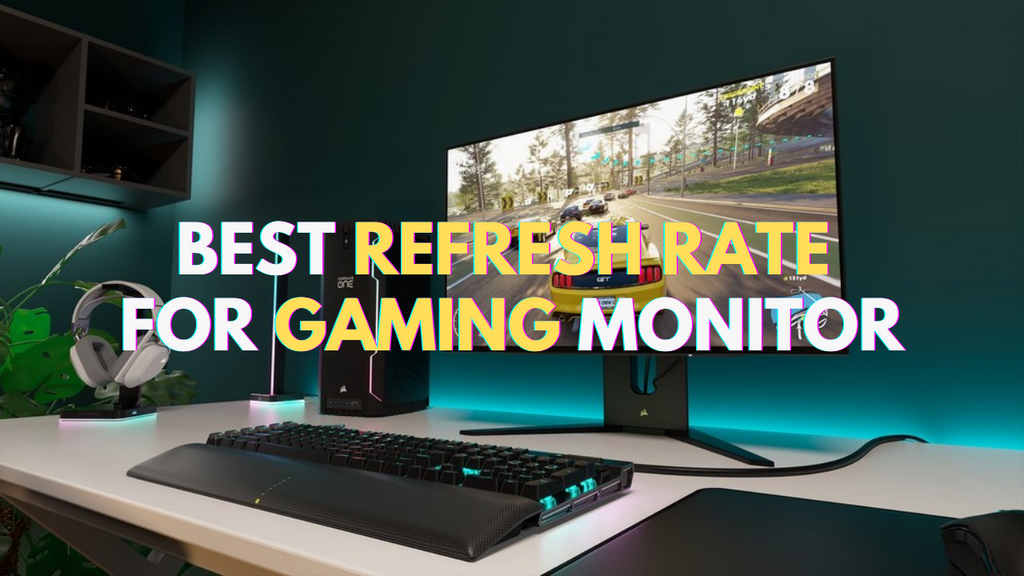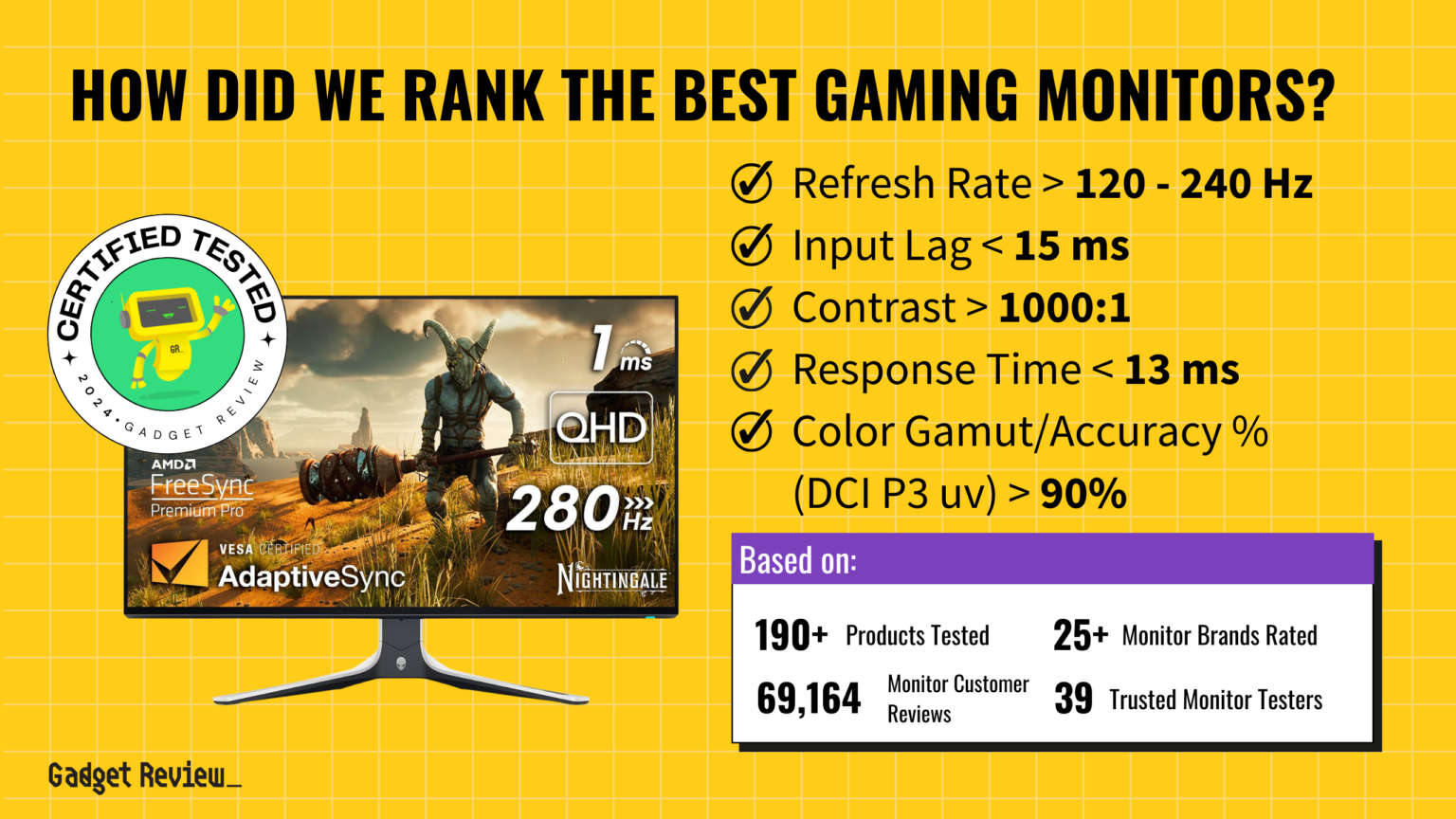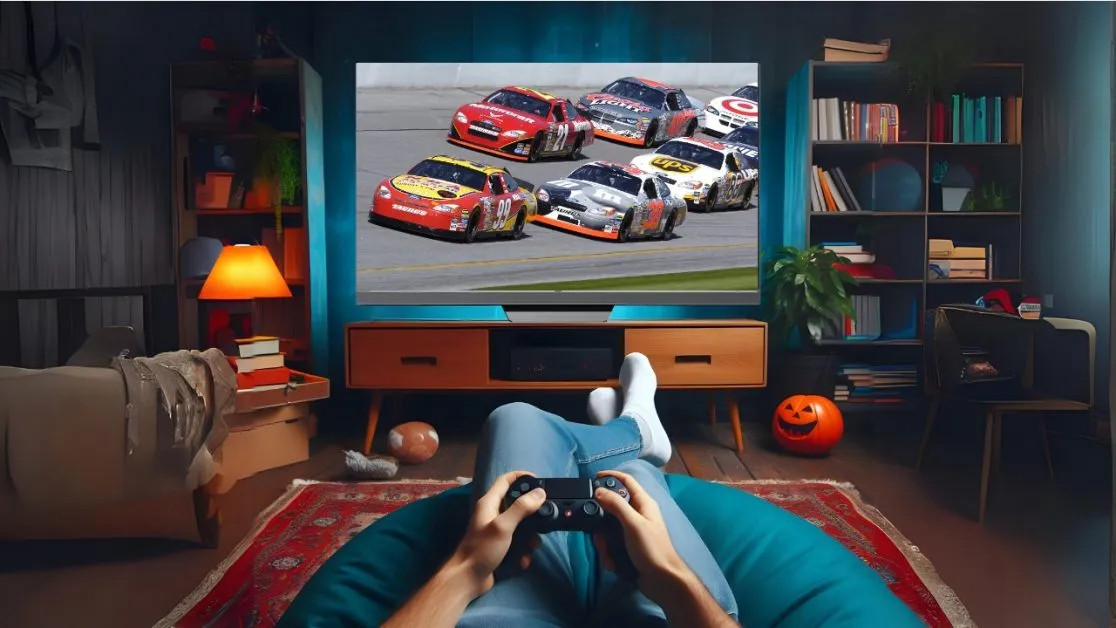Best Refresh Rate For Gaming Tv
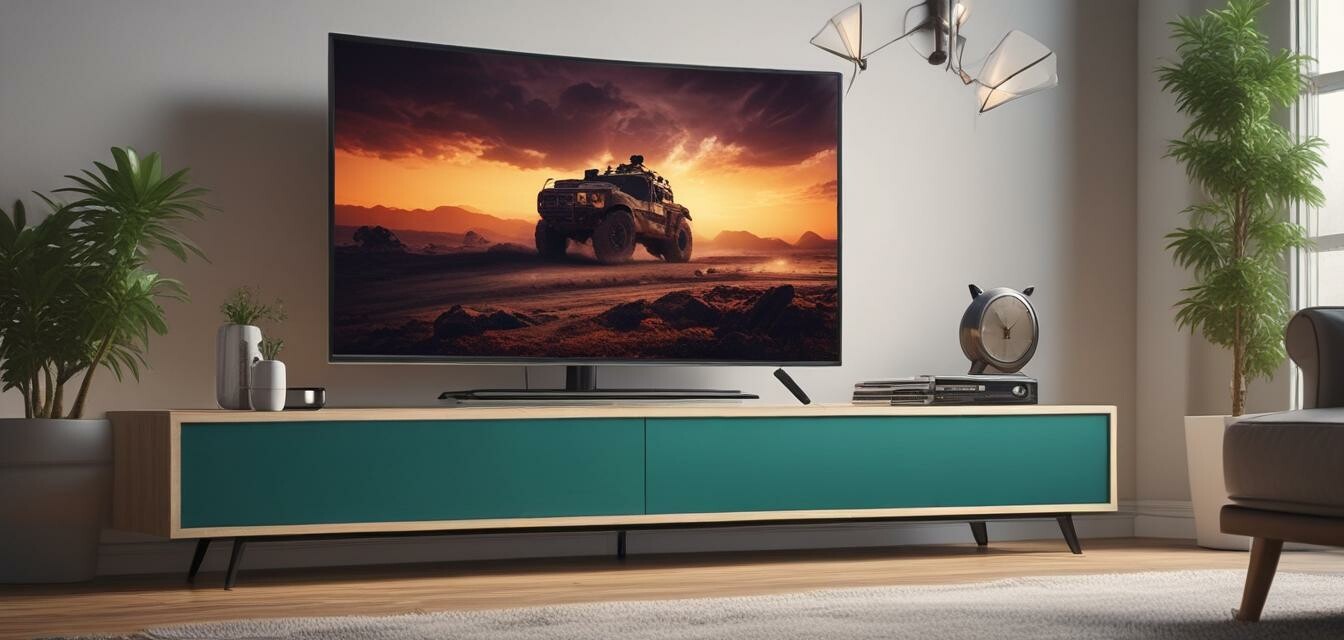
So, you're diving into the world of gaming TVs? Get ready for a visual feast! We understand that choosing the right TV can be overwhelming. This guide is designed for first-time buyers, cutting through the jargon to help you find the perfect screen for immersive gameplay.
Why does the refresh rate even matter? In the gaming world, refresh rate dictates how smoothly the action unfolds. A higher refresh rate results in a clearer image, especially during fast-paced scenes.
Understanding Refresh Rate: Your Key to Smoother Gameplay
Refresh rate is measured in Hertz (Hz). Think of it as the number of times per second your TV updates the image on the screen. Higher Hz translates to less motion blur and a more responsive gaming experience.
A 60Hz TV refreshes the image 60 times per second. While adequate for some content, it can struggle with fast-paced games. 120Hz (or higher) is generally considered the sweet spot for modern gaming.
Beyond the Numbers: Factors Affecting Performance
Refresh rate is not the only aspect to consider. Response time, input lag, and panel type all play crucial roles in how your game appears. Lower response times and input lag are critical for minimizing delay between your actions and what you see on screen.
Top 5 Gaming TVs: A Quick Comparison
Here's a head-to-head comparison of some popular gaming TV models:
| Model | Price (USD) | Refresh Rate (Hz) | Response Time (ms) | Warranty |
|---|---|---|---|---|
| Sony X90L | $1200 | 120 | 6 | 1 Year |
| LG C3 OLED | $1500 | 120 | 1 | 1 Year |
| Samsung QN90C Neo QLED | $1300 | 120 | 5 | 1 Year |
| TCL 6-Series (R646) | $900 | 120 | 8 | 1 Year |
| Hisense U8K | $1000 | 144 | 7 | 1 Year |
Detailed Reviews: Diving Deeper
Sony X90L: The Reliable All-Rounder
The Sony X90L balances price and performance. Its 120Hz refresh rate provides smooth gaming, and Sony's processing ensures vibrant colors.
LG C3 OLED: The OLED King
If you demand the best picture quality, the LG C3 OLED is a top contender. Its near-instant response time and perfect blacks create an unparalleled gaming experience.
Samsung QN90C Neo QLED: Bright and Bold
The Samsung QN90C Neo QLED delivers exceptional brightness and color volume. It's ideal for brightly lit rooms and offers a smooth 120Hz refresh rate.
TCL 6-Series (R646): Budget-Friendly Champion
The TCL 6-Series (R646) provides excellent value for money. It offers a 120Hz refresh rate and good overall picture quality at a more affordable price point.
Hisense U8K: The High-Refresh Rate Option
The Hisense U8K boasts a 144Hz refresh rate for even smoother gameplay. It also offers excellent brightness and contrast for a visually engaging experience.
Used vs. New: Weighing the Options
Buying used can save you money. But it also comes with risks, such as potential wear and tear or lack of warranty.
Used: Pros include lower price and immediate availability. Cons involve potential reliability issues and no warranty support.
New: Pros include manufacturer warranty and pristine condition. Cons involve a higher price point.
Reliability Ratings by Brand: Knowing the Track Record
Here's a general overview of brand reliability:
- Sony: Generally considered very reliable.
- LG: Known for innovation and solid build quality.
- Samsung: A popular and generally reliable brand.
- TCL: Offers good value but may have slightly lower reliability compared to premium brands.
- Hisense: Relatively newer brand with improving reliability.
Checklist: 5 Must-Check Features Before Buying
Before you commit, make sure to verify these critical aspects.
- Refresh Rate: Aim for 120Hz or higher for smooth gaming.
- Response Time: Lower is better, ideally below 8ms.
- Input Lag: Minimize delay between your controller and the screen.
- Panel Type: OLED offers the best picture quality, while LED/QLED are brighter and more affordable.
- Connectivity: Ensure sufficient HDMI 2.1 ports for next-gen consoles.
Summarizing the Key Points
Choosing the best refresh rate for your gaming TV depends on your budget and priorities. While a higher refresh rate enhances the gaming experience, factors such as response time, input lag, and panel type also play a vital role.
Consider buying used or new carefully, weighing the pros and cons. Remember to check reliability ratings and verify the must-check features before purchasing.
Ultimately, the perfect gaming TV is the one that best fits your needs and preferences. Take your time, do your research, and get ready to level up your gaming experience!
Ready to Upgrade Your Game?
Now armed with this knowledge, explore the market and find the gaming TV that suits you best! Click here to browse deals on gaming TVs and start your next adventure.
